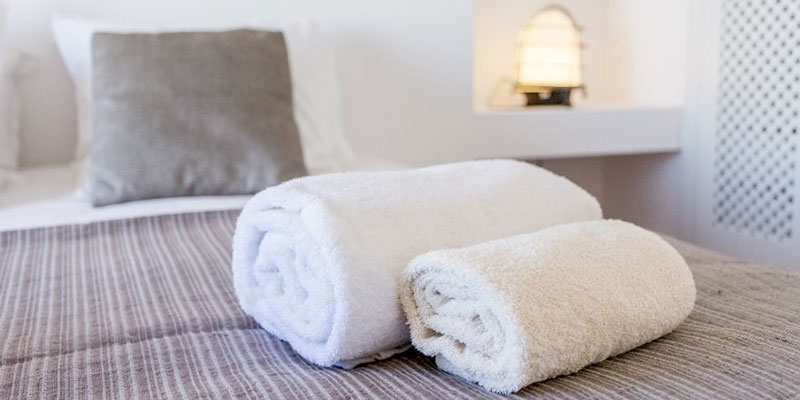Hotel water sustainability measures can range from the simple, like encouraging thoughtful laundry use, to more complicated solutions including water reuse.
Eco-awareness among travelers is changing the way hotels manage water
The hospitality industry has noticed that more and more travelers are taking the time to investigate hotel sustainability when choosing where to stay, and the trend is expected to continue. To investigate this phenomenon, a South Korean research team studied how water sustainability efforts affect hotel guest satisfaction.
The research team classified the eco-friendly activities of hotels in terms of water conservation and waste reduction, and their effects on social and personal norms, as well as guests’ intention to return.
Sustainability Measures
What strategies have hotels been using to conserve water and reduce waste? Efforts commonly include the installation of low-flow fixtures and encouraging thoughtful laundry use, as well as water reuse.
With proper treatment, water streams available for reuse by hotels include domestic wastewater and stormwater, both of which can be safely reused for several nonpotable applications, including:
- Irrigating landscaping and golf courses
- Filling water features, fountains, lagoons, and golf course hazards
- Washing drives, walkways, buildings, and shuttles
- Use as HVAC makeup water
Even within the water reuse process, there are ways of being more environmentally friendly. For example, Fluence’s technology treats wastewater to reuse-quality with very low energy consumption. Its membrane aerated biofilm reactor (MABR) technology slashes the energy requirements of biological wastewater treatment and comes in modular units that don’t disturb hotel aesthetics.
There are other methods for increasing sustainability, too. For example, to fight waste, many luxury hotels in South Asia have been eliminating the use of single-use plastics. With in-house reverse osmosis water purification and automated bottling operations, hotels are providing bottled drinking water for rooms in reusable glass bottles. Fluence also offers NIROBOX™ packaged water treatment plants so hotels can take advantage of being near the sea and implement their own desalination programs on-site.
Role of Cost Awareness
The researchers found that eco-friendly hotel activities produced a positive effect on social norms, or the beliefs and attitudes considered acceptable by a social group. These activities also produced a positive effect on personal norms, or one’s internal moral compass. In turn, the study confirmed that the norms produced a willingness to return to the hotel and also to pay more.
Cost awareness, however, was confirmed to play a moderating role between social norms, a willingness to pay extra, and an intention to revisit:
[W]hen the personal norms for eco-friendly activities are h3 and have h3 personal principles and beliefs, people will pay more for a hotel regardless of cost awareness and have a h3 intention to revisit. As for the social norm, it is found that differences in customer behavior can appear according to differences in customer perception of cost. Such a result can be said to be theoretically very meaningful.
This observation affirms that it is necessary to recognize that any investment in eco-friendly activities is not only beneficial for the environment, but also for hotels’ bottom lines.
Study Limitations
The study was limited in that its pool of respondents included only Koreans, and it might not be possible to generalize findings to other sectors, regions, and groups.
Respondents were also confirmed to have recently stayed at hotels, so their responses may not represent the attitudes of potential guests who have not used a hotel. The team also did not confirm whether respondents had stayed at an eco-friendly hotel in the past, nor whether they were aware of the hotel’s eco-friendly measures.
The team suggests future research should expand to different industries, regions, and cultures, and include potential travelers who have not stayed at eco-friendly hotels.
Nonetheless, it appears that today’s eco-savvy tourist pays attention to sustainability initiatives at hotels. Reusing bottles with desalinated water and reusing wastewater are two ways to demonstrate a corporate commitment to sustainability that both cuts water costs and keeps eco-savvy travelers coming back.
With Fluence’s Water Management Services, hotels can reap the benefits of on-site water and wastewater treatment with no initial investment. Contact Fluence to find out how.

